Sloughi
The Sloughi is a North African dog breed mostly found in Marocco. Unlike other hounds, this dog breed is energetic and relatively active. It can run at incredible speeds and was mostly used by North African tribes for hunting various games. Many Sloughis can still be found performing these duties.
Like many other hounds, the Sloughi can be stubborn and strong-willed, so this is not a breed that is recommended for inexperienced dog owners. You will need to be firm but fair with these dogs. You will get a great and devoted lifelong companion if you can fulfill their physical needs.

Height:
24-29 in (61-73 cm)

Weight:
45-70 lb (21-32 kg)

Origin:
Morocco

Life Expectancy:
12-14 years
Dog Breed Characteristics
Appearance
The Sloughi combines the seemingly opposing qualities of elegance, refinement, and strength. It has a long, noble head in the shape of a narrow wedge, a broad skull, and a muzzle that tapers down to a fine nose. The lines of the head are only slightly broken up by a stop or cheekbones.
Although the Sloughi's lips and cheeks are thin and almost delicate-looking, the jaw is quite strong, and the teeth are very well developed. Its eyes are large, dark, and set a little obliquely, and its ears are set high on the head, hanging down and slightly forward.
The neck is usually about the same length as the head, and it, like the back, is lean, firmly but not heavily muscled. Aside from the prominent withers, the back's top line is straight and uninterrupted to the point where the long, thin tail is set.
The large, capacious lungs of the Sloughi are housed in a long, deep chest, and its strong abdomen is moderately tucked. Its incredible speed is due to the range of its legs rather than a large muscle mass, and the dog is slightly taller than long, giving it a lean appearance. For the most part, the limbs are strong and upright, with the only pronounced angulation being seen in the hock joints.
Coat color and type
The breed has a short coat with a fine and dense texture that ranges in color from sandy to dark fawn and may have brindle markings and a dark facial mask. Despite its short length, their coat should be pretty soft.
Temperament
Although the Sloughi breed is rarely aggressive, they are wary of strangers and other animals. They are generally friendly and affectionate toward their families. Because they are so loyal, they can be a bit territorial and act threatened over the smallest things.
These dogs are also known for their independence. This can make training them difficult, especially if you've never raised a dog from scratch. They will not thrive if left alone for extended periods of time. People who are willing and able to take their dogs out as much as possible benefit the most from having these dogs around.
They will fit right in if you are an outdoorsy and active person. If you're a city dweller who enjoys relaxing, this is not your breed.
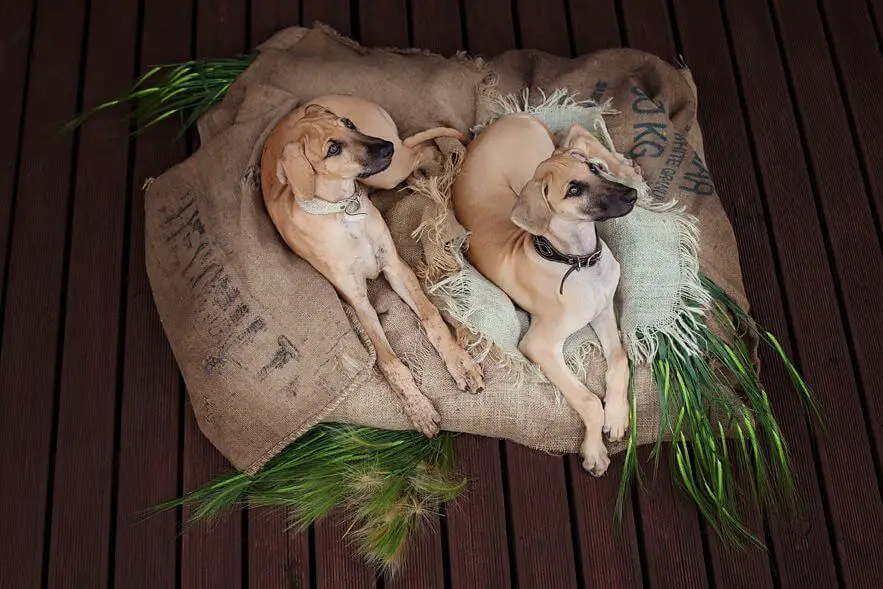
Care guide
The Sloughi may be a fast breed with short hair that appears to be relatively easy to care for, but they are dogs that will require proper care. Grooming, training, socialization, and a variety of daily activities will be required. The following are the most critical aspects of Sloughi's care.
Grooming
A Sloughi's grooming requirements aren't as high as those of some other breeds. They have short, easy-to-brush coats. They also don't shed much. Oral hygiene is the most crucial aspect of grooming. To prevent tartar buildup, this breed's teeth must be brushed on a regular basis.
Regular activity should keep their nails short, but they should be clipped if they become too long. Check the dog's ears regularly. Look for redness, odor, and discharge, the most common infection symptoms. You can keep your Sloughi's ears healthy by using dog-safe ear cleaners.
Training
Sloughi training can be a complicated procedure. Because they are so self-sufficient and stubborn, it is easy to lose your cool with them. Regrettably, this is the worst thing you could possibly do.
Too harsh training methods may result in shy, untrusting dogs who no longer listen to your commands. While training them, you must be patient and gentle with them.
Positive reinforcement is the most effective Sloughi training method. It may appear difficult and frustrating at times. Because these dogs are sensitive, plenty of treats and praises are required. Arm yourself with patience, and you will see great results in no time.
Exercise needs
Sloughis are known for their speed, agility, and stamina, and they should be exercised for at least an hour every day. They should ideally have access to a large paddock or field where they can run freely, but they cannot be trusted off-lead in public because they are quick to chase anything that moves.
The Sloughi, unlike other "fast" breeds such as the Greyhound, is not a slacker. They want to run around and enjoy their freedom. Make sure that you can provide those items for your Sloughi. If you do not do this, the dog may develop behavioral problems. They usually turn to barking and destroying your furniture when they're bored.
Socialization
Whatever breed you have at home, socialization is essential. Sloughis can be shy around strangers, so you'll need to socialize with your dog from the moment it arrives at your house. Ensure that your Sloughi is exposed to various dogs, people, and situations.
Allow them to become accustomed to new experiences while they are still young so that they will be at ease with them when they reach adulthood. Whatever you do, make sure the dog has a pleasant experience.
Sloughi and kids
Sloughis, despite their shyness, can make good family pets. Of course, it is much easier if they are adequately trained and given adequate exercise. We also recommend that you only get one of these dogs if you have older children in the house who can learn to respect boundaries and won't be hurt if they get knocked over a few times.
Because these dogs do not tolerate roughhousing, they are not suitable for small children who do not understand how to interact safely with dogs.
Sloughi and other pets
As long as they are properly socialized, any dog can get along with other pets in the house or around the neighborhood. This works best when started at a young age. Because of their extensive hunting history, they have a strong prey drive, and they may not be the friendliest to smaller animals like cats.
Don't be surprised if even well-trained dogs occasionally chase a cat. Even if you do everything correctly, your Sloughi may never get along with other small pets, such as gerbils, rabbits, or birds. Their hunting instincts may be too strong to coexist peacefully.
Health
Although this breed is generally considered healthy, Sloughis, like most purebred dogs, are prone to certain genetic illnesses. Adopting a responsible breeder increases your dog's chances of living a long and comfortable life.
The following are some of the most common health issues that Sloughis faces:
- Addison's disease - This condition affects your dog's adrenal glands, preventing them from producing normal levels of electrolyte-balancing hormones.
- Progressive retinal atrophy (PRA) - PRA is an eye disorder that affects retinal cells and eventually leads to blindness.
- Bloat - A condition that can occur in dogs with deep chests. The stomach twists, preventing gasses from escaping. It is a potentially fatal condition.
- Osteosarcoma - Sloughis are predisposed to bone cancer. If the cancer is detected early, the prognosis may be favorable.
- Anesthesia sensitivity - Many anesthetic drugs have a very narrow safety range in the Sloughi due to their extremely low body fat percentage. This can result in an anesthetic overdose.
- Laboratory anomalies - Sloughis have unusually high levels of red blood cells and iron and low levels of white blood cells, platelets, and thyroid hormones. Such findings can lead to incorrect illness diagnoses.
Breeders
Once you've decided that this is the breed for you, the next step is to locate a reputable Sloughi breeder. Because this is not the most popular dog breed in the world, the process may take some time. However, you must be patient and wait for a breeder to provide you with a healthy puppy.
If you're not sure if this is the right breed for you, check out this FREE GUIDE to help you decide which dog breed is best for you.
Photos by: Varje Härm
World Dog Finder team

Updated at07.09.2023.
Breed History
The Sloughi is indigenous to Tunisia, Algeria, Libya, and Morocco and have a long history of association with the region's Berber nomads. Berbers have been using the breed for hunting hares, foxes, wild pigs, and gazelles for at least a thousand years.
Pottery shards from around 5000 years ago depict a smooth-haired hound that looks strikingly similar to the modern Sloughi. Although it is frequently confused with the equally racy Saluki, the two breeds are genetically far apart. The Sloughi is more closely related to the Basenji, another primitive African breed.
Its cat-like qualities of cleanliness and reserved demeanor allowed the breed to share its owners' tents. It is likely because of this that the Sloughi became so attached to its people after living in such close quarters for centuries.
It has also developed a very territorial attitude, resenting any intrusion into its domain by strangers. The first Sloughis were exported to Europe in the nineteenth century. Still, widespread breeding did not begin until the mid-twentieth century. The breed was only introduced to the United States in 1973.
Even today, this is a rare breed in much of the world, and the Moroccan breed association is in charge of upholding the international breed standard.
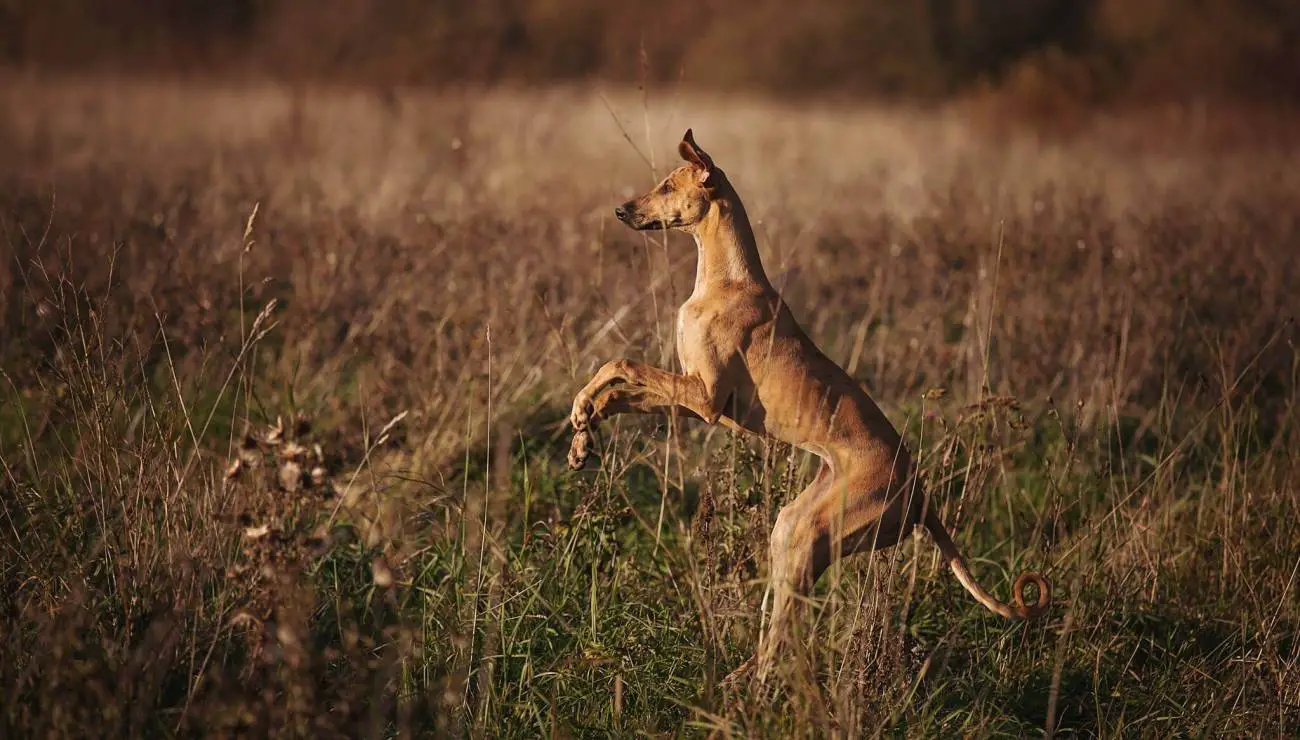
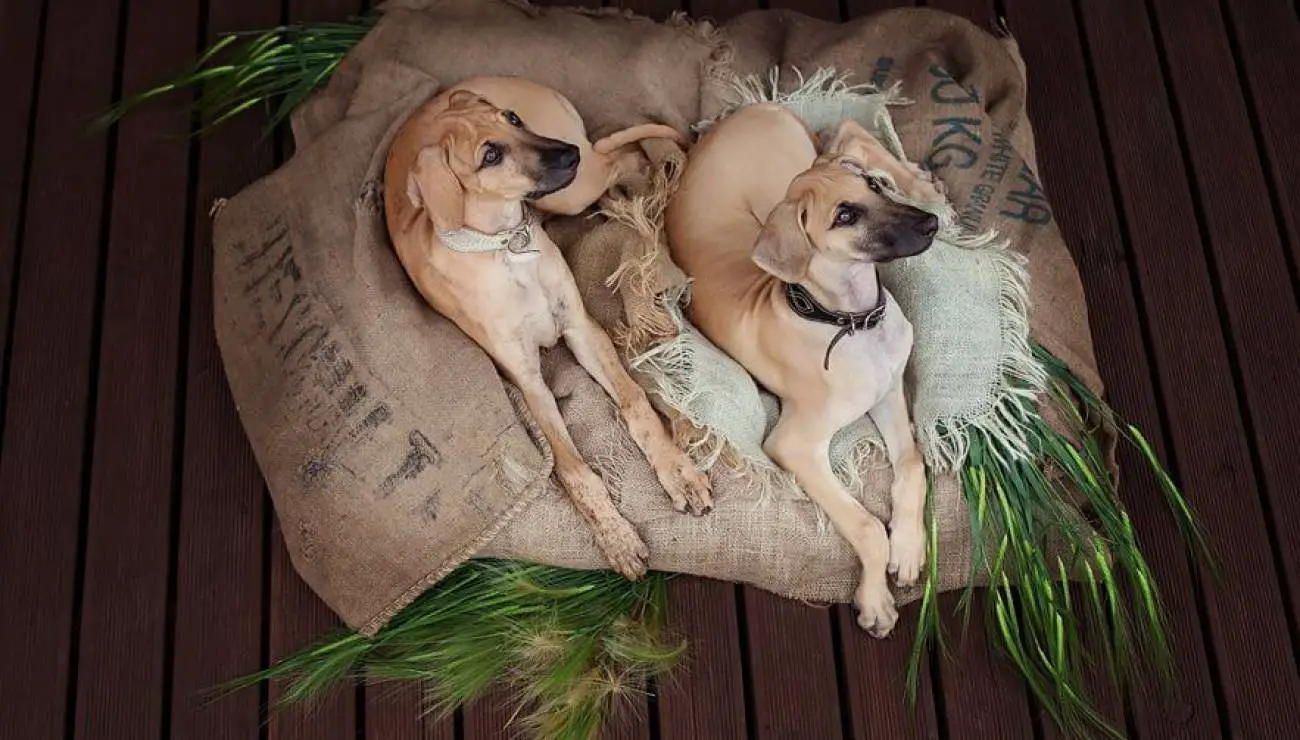



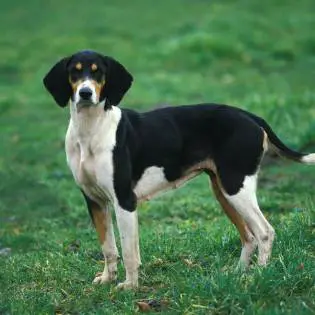
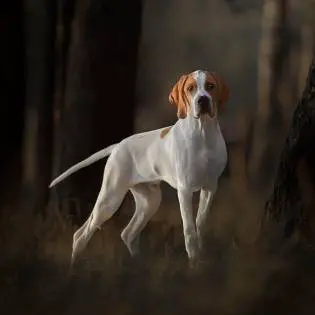


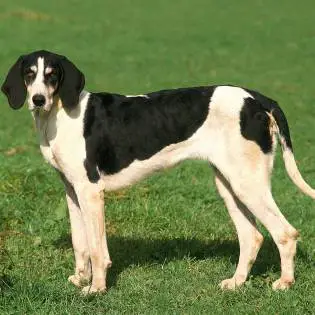
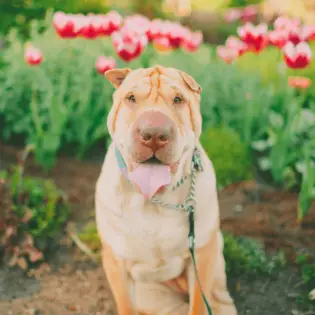


Share